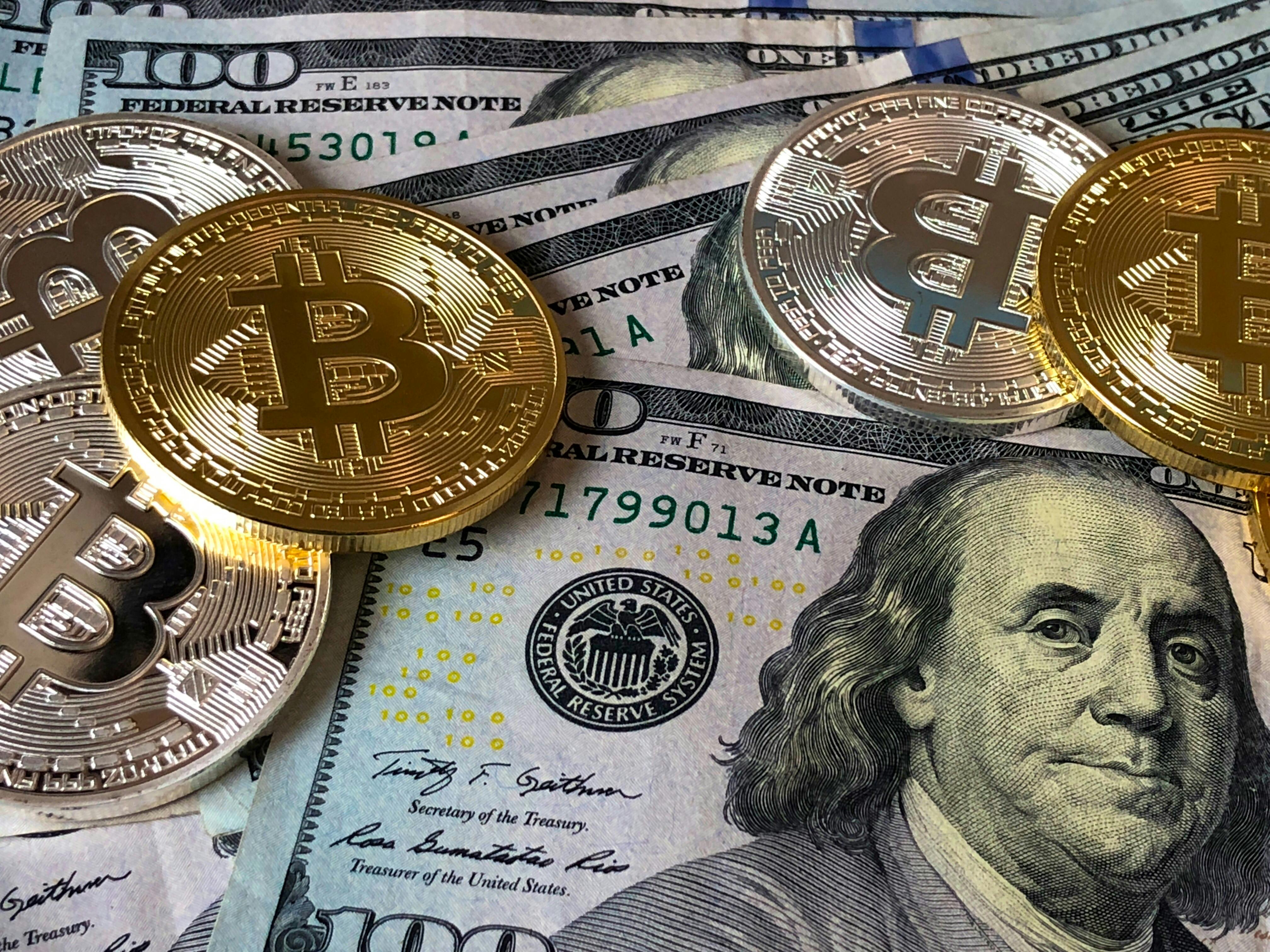DeFi directly molds the financial scene by competing with traditional banks and big corporations on the same issue. As a service, Decentralized finance is built atop the blockchain network, offering users loans, borrowing, trading, and payments free from an intermediary, thus creating a system efficient, transparent, and inclusive.
DeFi platforms basically eliminate the role of banks because they enable peer-to-peer transactions that cut down the cost of transactions as they do not use the high fees and longer waiting times associated with the traditional financial system. For instance, a cross-border transaction on a blockchain is much faster and cheaper than in a bank where the settlement process may take days or even weeks.
The openness and permissionless nature of decentralized finance allow access to the best of modern financial tools globally, empowering the unbanked and underserved communities. Credit checks, minimum balances, or geographical barriers usually bar those so many excluded groups in the traditional finance world; one only needs an Internet connection and a crypto wallet for DeFi.
The emergent DeFi world cannot have anything to do with conventional financial services mainly due to stark differences in levels of opacity: fees, transactions, and risk can be totally traceable on open blockchains while control over the money stays firmly within the user and not with third parties.
While the future might be as promising, a few setbacks still hang over DeFi, such as delayed regulations, problems concerning scaling, and even risks from hacks or scams. This is encouraging a healthy, fair, and transparent financial structure, and the financial future should be decentralized.
Thanks

~ Nesaty